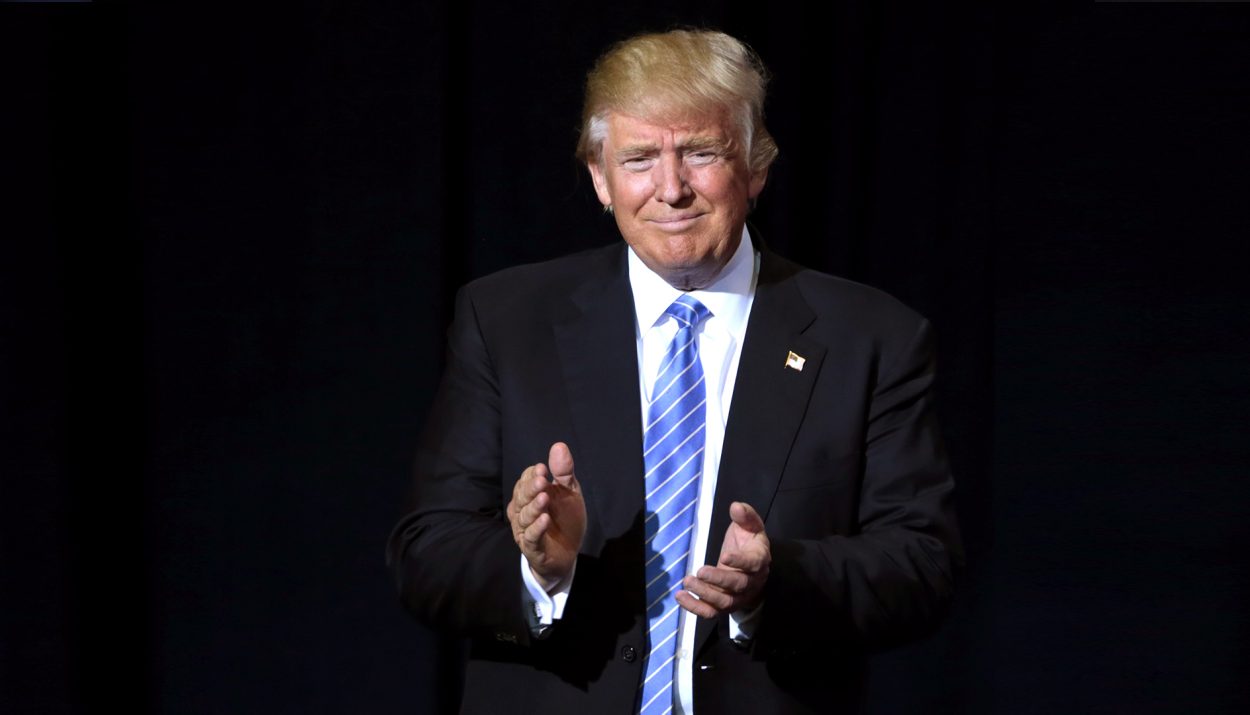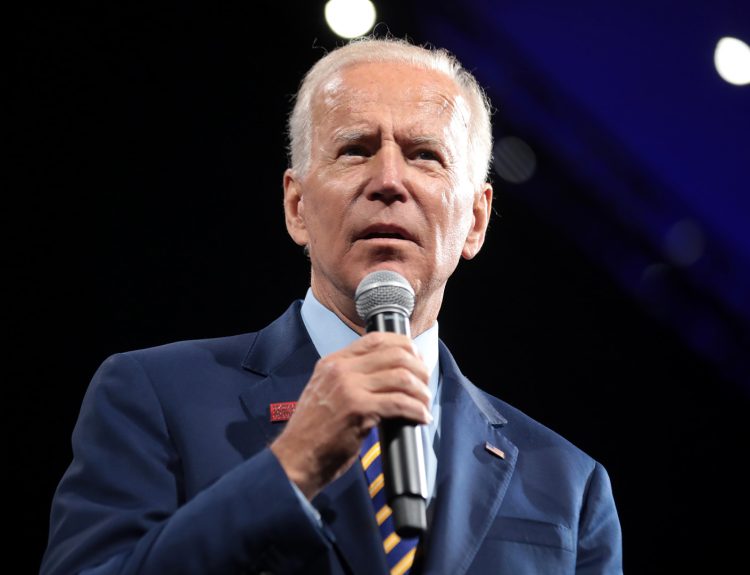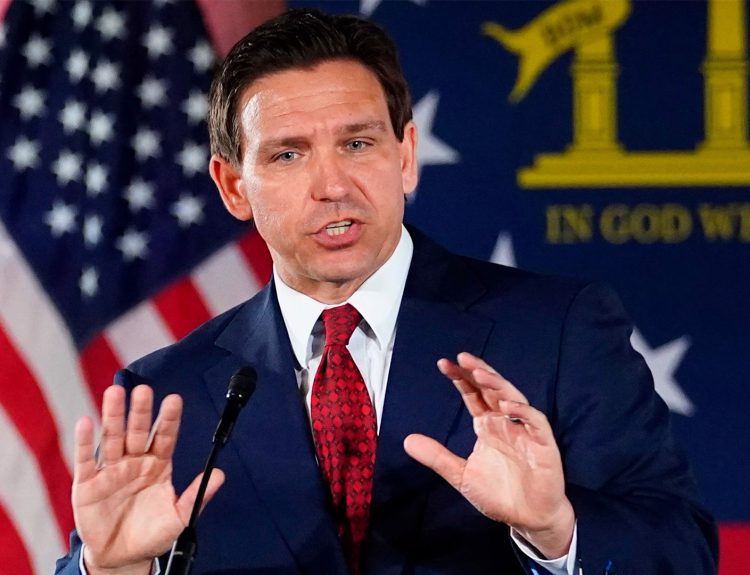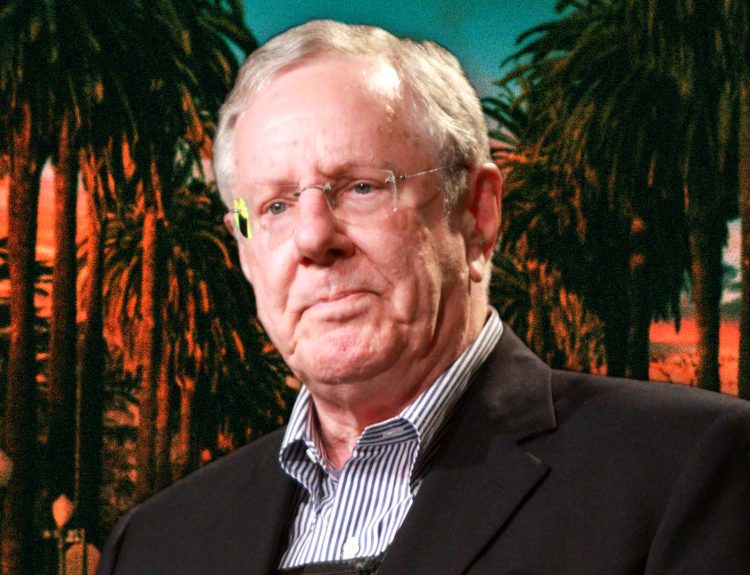Former U.S. President Donald Trump appears to endorse the belief that he should receive immunity from placing an order for his political opponents to be taken out. The facts behind this endorsement are perhaps even more surprising than the story itself – especially when you consider the backstory.
Understanding the Role of Trump Attorney D. John Sauer
You must first focus on the role played by Trump attorney D. John Sauer in this saga – specifically focusing on the comments made on Tuesday within a courtroom in Washington DC. Sauer was asked if a president could hypothetically order a rival to be killed by the U.S. military without having to face any legal consequences or repercussions.
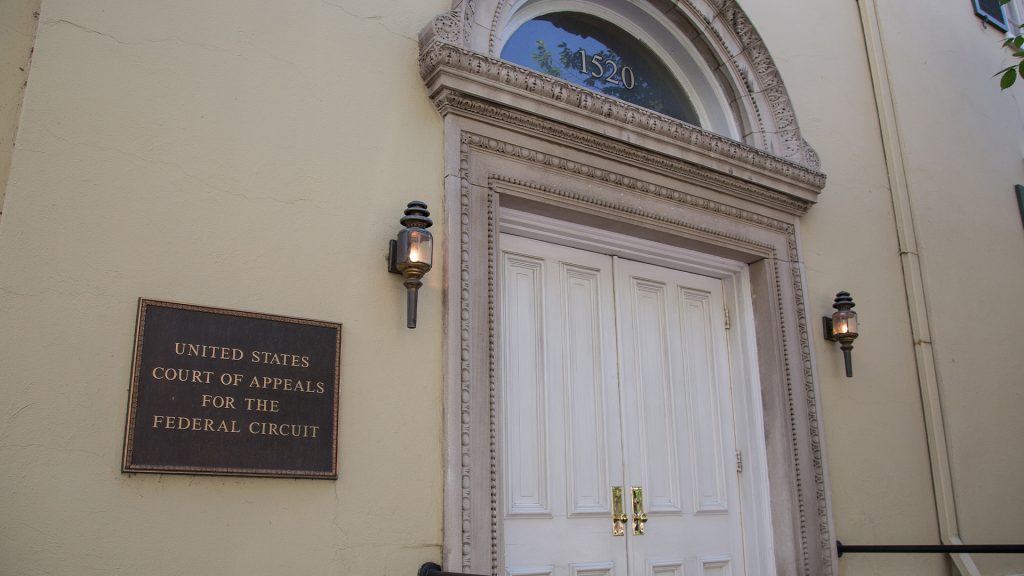
Sauer was also asked if a U.S. president could hypothetically sell pardons and still retain immunity from any sort of legal consequences. Instead of trying to walk back the comments, Sauer made it clear that he believed prosecution would only be allowed after the Senate made a conviction.
What Exactly Is A Filibuster?
Many reports stated that the response Sauer gave was essentially a filibuster. However, relatively few fully understand what a filibuster is at all and how it was used by Sauer that day in the court. By definition, it is a political technique where at least one member of any legislative body prolongs a debate set up for a proposed legislation.
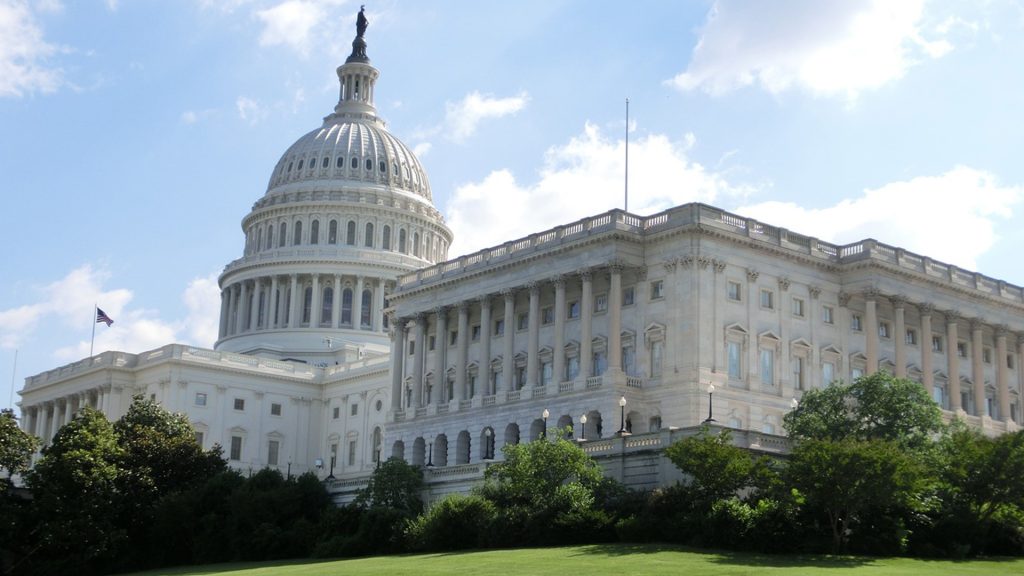
The objective of a filibuster is to delay a decision by “buying time.” The ultimate goal of most filibusters is to prevent a decision from being made entirely. However, stalling to have more time to make your case could also be used as a time-efficient strategy to extend your argument. Many agree that Sauer used it as a technique to buy time.
Analyzing The Interjection Made By Florence Pan
Judge Florence Pan quickly interjected during Sauer’s filibuster – making it clear that she was looking for a direct response to their direct question. She stated that, “I asked you a yes or no question.” She further repeated the question with a bit more elaboration.
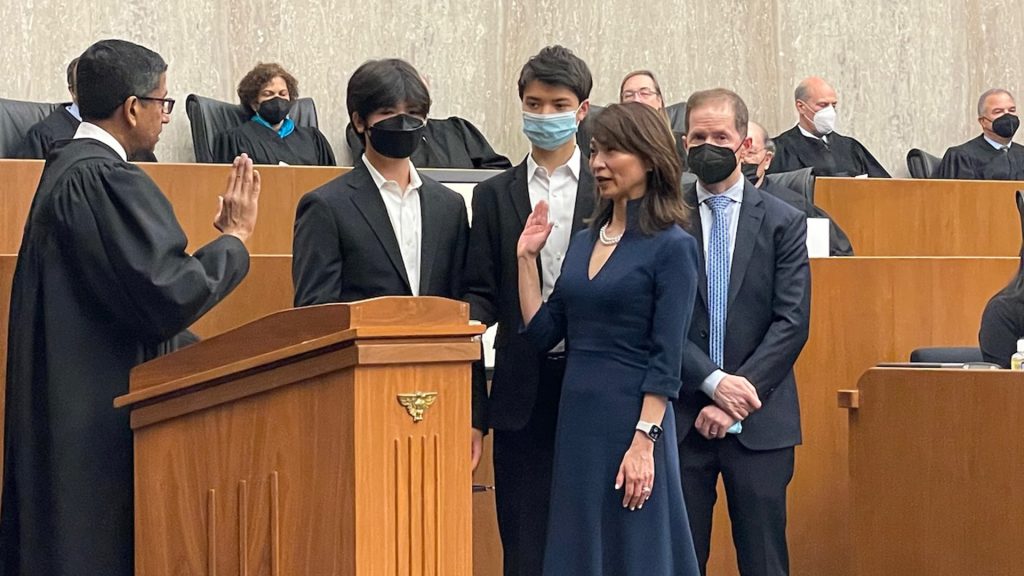
She asked if a U.S. president that ordered the assassination of a political rival by SEAL Team 6 should be subject to prosecution as a criminal. Sauer stood his ground and responded that he would be qualified to face prosecution “if he is impeached and convicted first.” Florence Pan was first appointed to the U.S. Court of Appeals for the District of Columbia Circuit in late September 2022.
How Did Donald Trump Feel About His Attorney’s Comments?
On Thursday, the former U.S. President had an opportunity to express his feelings on the comments made by his attorney. During a press conference, Trump made it clear that it is “very simple” with immunity. Trump further explained that not having immunity would make the president ineffective.
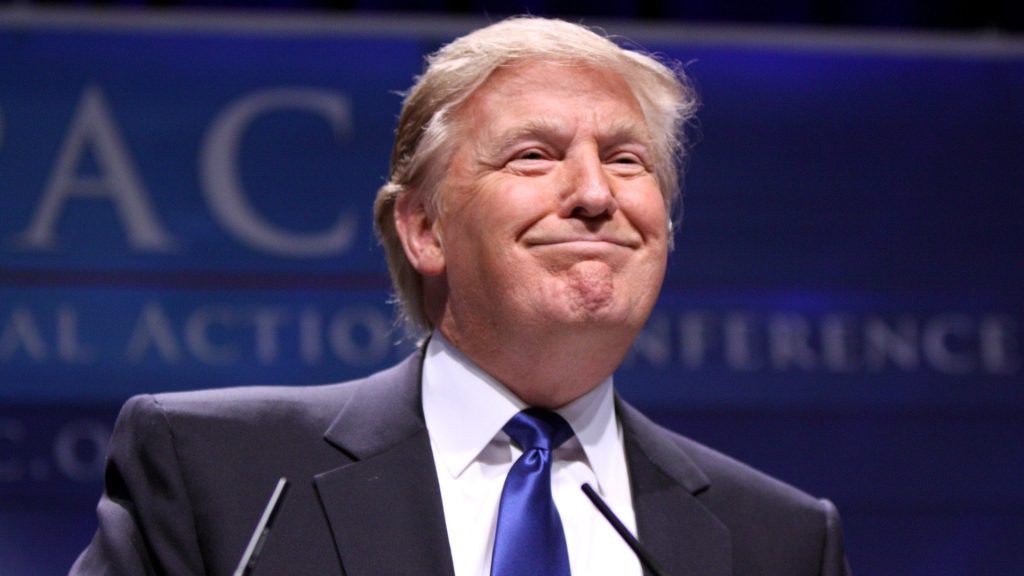
According to Trump, a president would not be able to accomplish anything since doing so would lead to his prosecution after he left office. In a general comment where he focused on all former presidents, Trump explained that everyone serving in that role would need to have immunity.
What Did Nikki Haley Say About Trump’s Comments?
During the Republican debate in Iowa on Wednesday night, Nikki Haley had a chance to comment on Trump’s response to that line of questioning. Haley mocked his legal defense, claiming that it was “absolutely ridiculous.” According to Haley, you should not be able to kill a political rival and claim immunity. She further explained that she thinks “we have to start doing things that are right.”
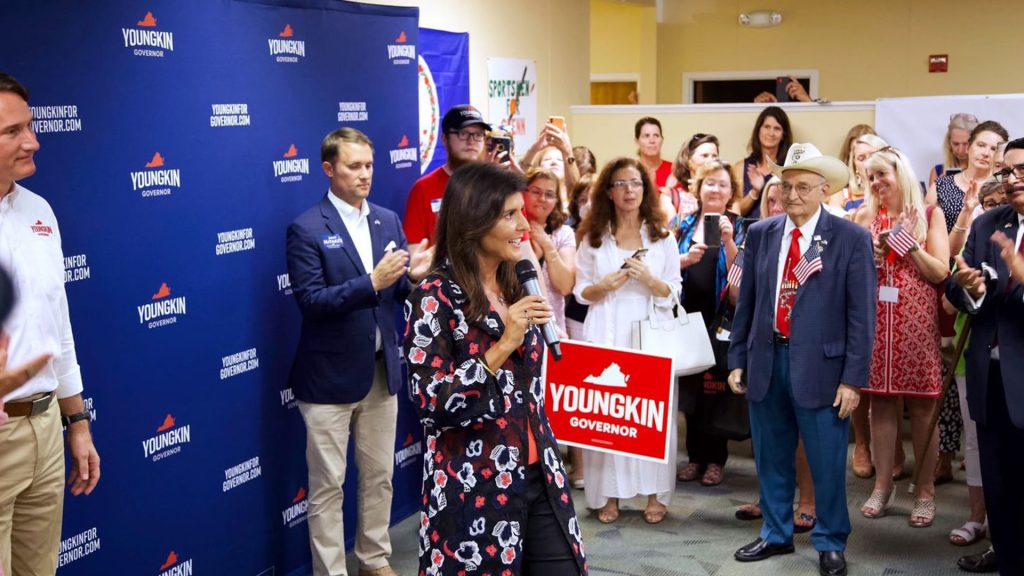
Nikki Haley is currently a candidate within the 2024 Republican Party presidential primaries. She served as the governor of South Carolina for 6 years until resigning in 2017 to start a new role as a U.S. ambassador within the United Nations.
What Does Presidential Immunity Mean?
Over the years, presidential immunity laws within the United States have evolved. The objective has always been to create a delicate balance that exists between ensuring accountability for any potential misconduct and removing legal distractions from the sitting president when executive decisions are made.
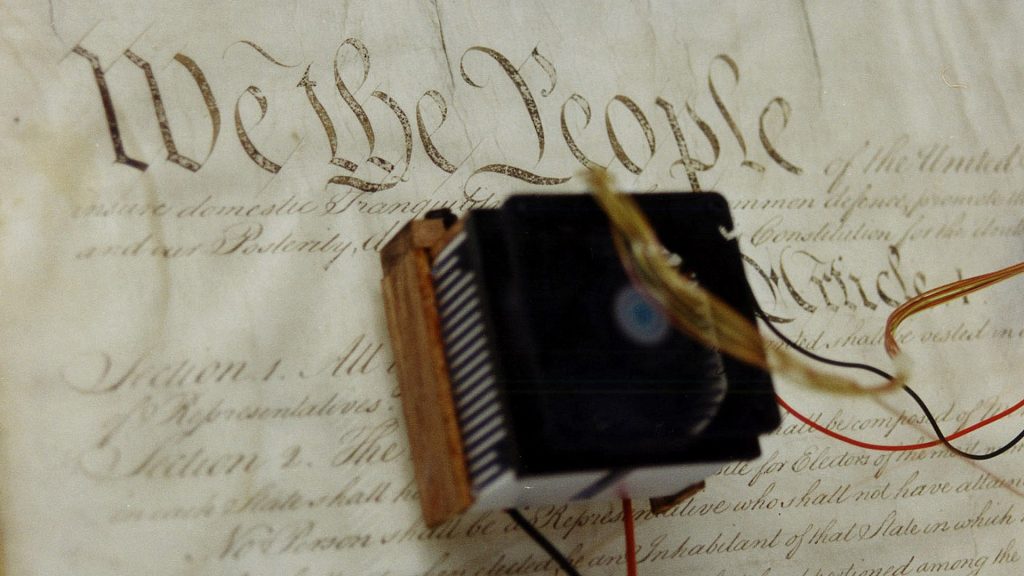
It is not specifically mentioned in the U.S. Constitution. However, presidential immunity has been inferred from historical practices in addition to constitutional principles. The main idea is that the U.S. president needs to be able to focus on doing their job without the threat of constant legal challenges. Under no circumstances, though, is this immunity absolute. As seen in the case of Donald Trump, it is still possible for presidents to face legal consequences before or after they serve in the Oval Office.
Presidential Immunity Versus Executive Privilege
A misconception is that presidential immunity and executive privilege are interchangeable concepts. On the contrary, there are key differences that distinguish one from the other. Executive privilege allows the president to keep certain information from Congress, the public, or the judiciary. The goal is to protect the confidentiality of communications within the executive branch.
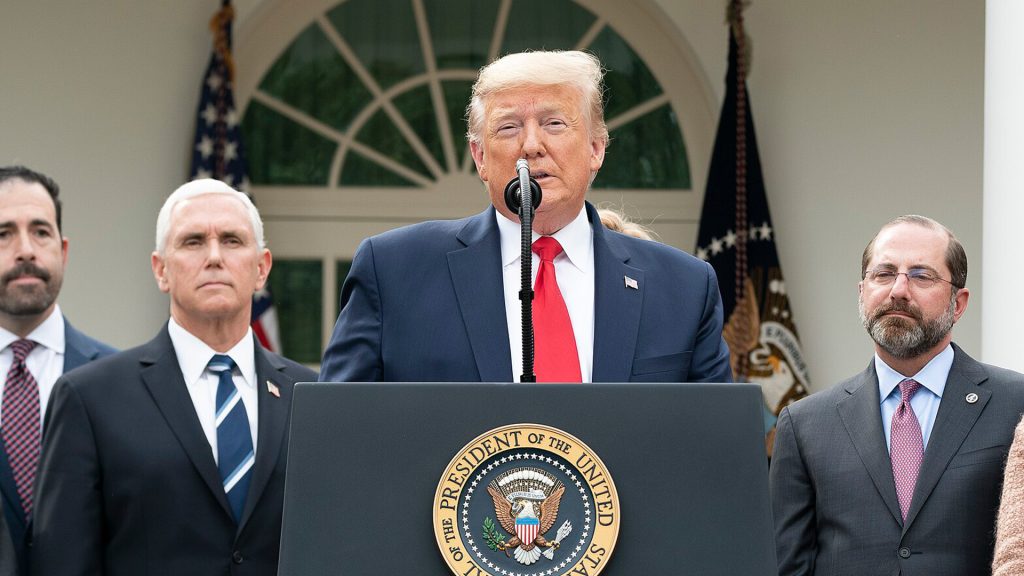
Presidential immunity protects the president from experiencing personal legal liability. There is a connection, though, between the two concepts when dealing with legal challenges. The common ground shared between them is that both are designed to allow the president to effectively fulfill their obligations and duties while in office.
The White House Tapes And The Case Of United States v. Nixon
During this historic case, President Nixon tried to invoke the provision of executive privilege to keep the White House tapes related to the Watergate scandal sealed and inadmissible. However, the Court concluded that the claim for executive privilege in the case was not absolute.
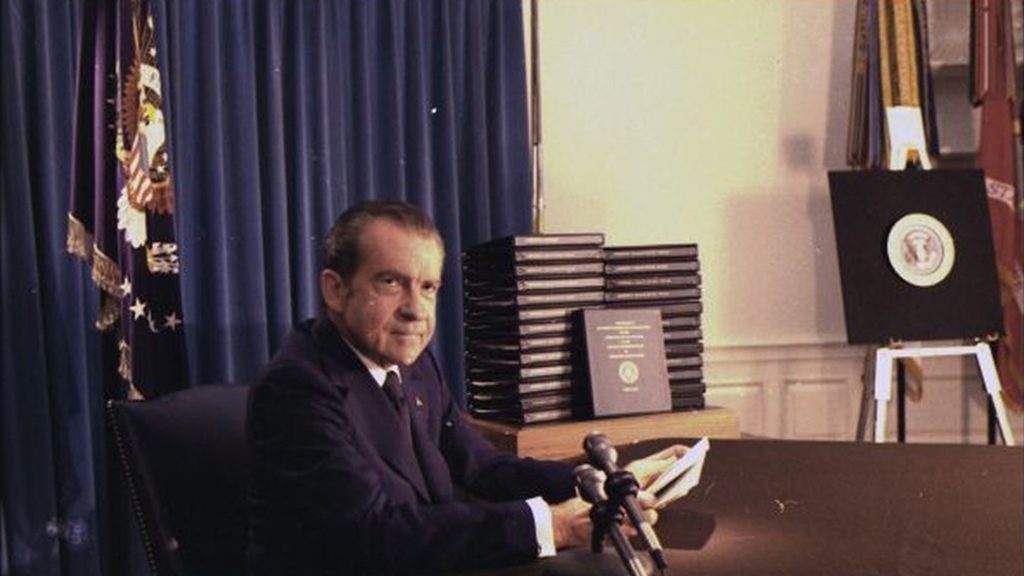
Furthermore, the Supreme Court made it clear in their ruling that the provision of executive privilege could be overridden by the clearly evident need for a criminal investigation. This ruling is said to have played a key role in Nixon’s subsequent decision to resign.
Why Did President Gerald Ford Pardon Richard Nixon?
The Watergate scandal forced Richard Nixon to experience a lot of scrutiny and legal consequences. The controversy increased when he tarnished his reputation even further by resigning before any potential impeachment could be processed in 1974.
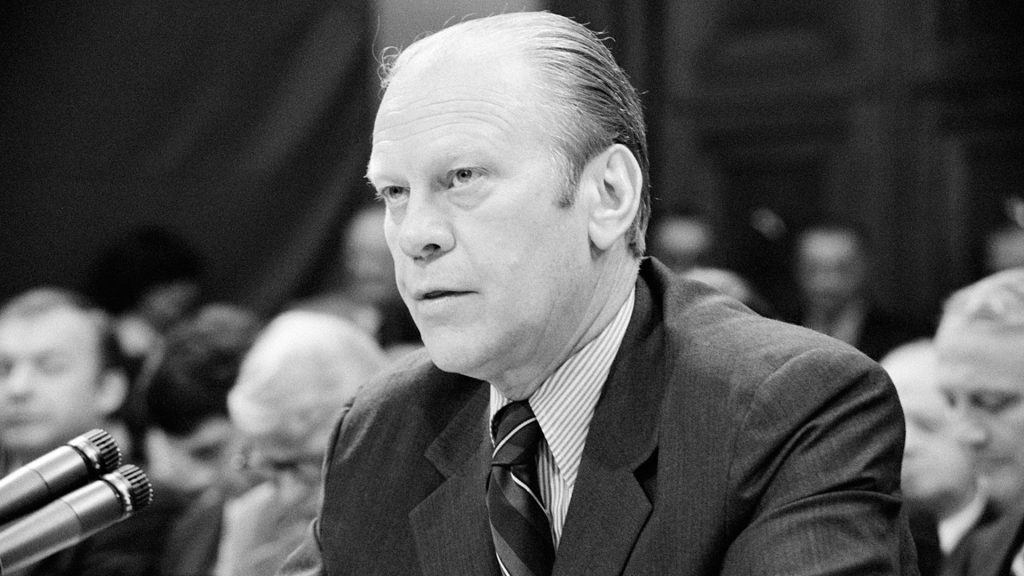
When Gerald Ford decided to pardon Richard Nixon, he faced a lot of backlash and scrutiny himself. However, the main concept that Ford focused on when defending his decision was the provision of presidential immunity on behalf of Nixon.
The Monica Lewinsky Scandal And The Clinton Administration
The Monica Lewinsky scandal placed presidential immunity back in the spotlight when Bill Clinton was Commander-in-Chief. He confronted impeachment proceedings related to charges of obstruction of justice and perjury in 1998 as a result.
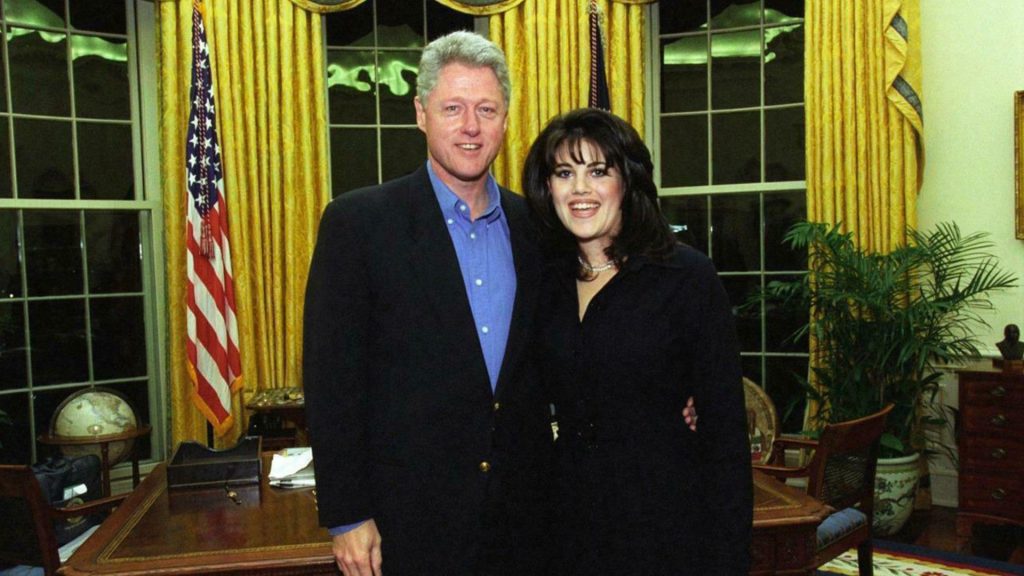
The proceedings highlighted various debates held on the topic of presidential immunity as well during each investigation conducted. Quite a few references were made back to the Nixon administration during this period as well regarding the same topic.
What Happened During The Case Of Clinton v. Jones?
Paula Jones made headlines when she decided to file a lawsuit on the grounds of sexual harassment against President Bill Clinton in 1997. This challenged the overall concept of presidential immunity involving a sitting president.
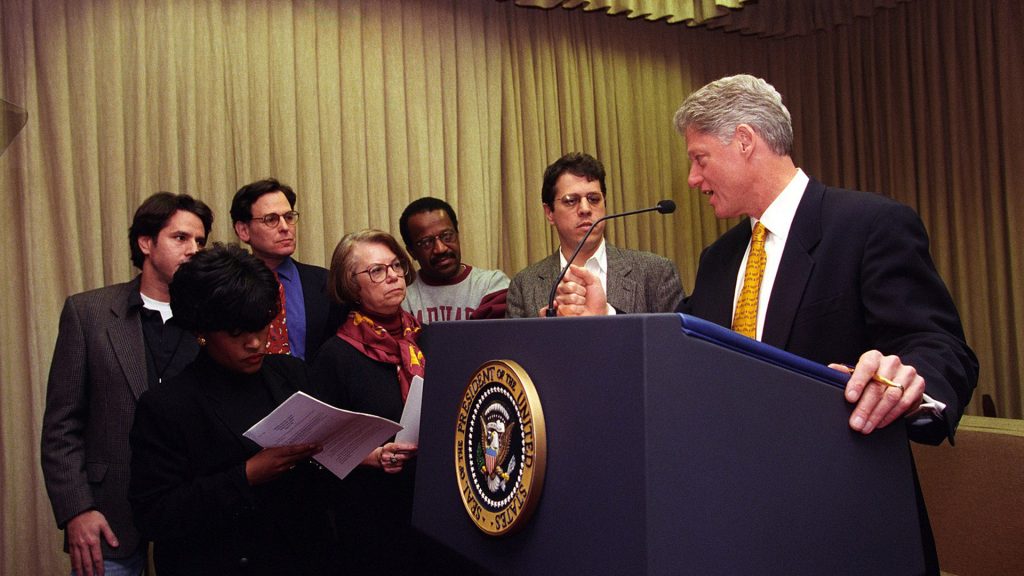
According to the ruling passed by the Court, the president could be subject to any civil suit during their term. However, it did not fully address the question regarding lawsuits related to any official presidential action.
The War On Terror And The Bush Administration
The War on Terror generated quite a few legal challenges for George W. Bush, such as the controversial nature of the treatment of detainees. Multiple reports referred to the “enhanced interrogation” method used by the CIA with the vast number of suspected terrorists.
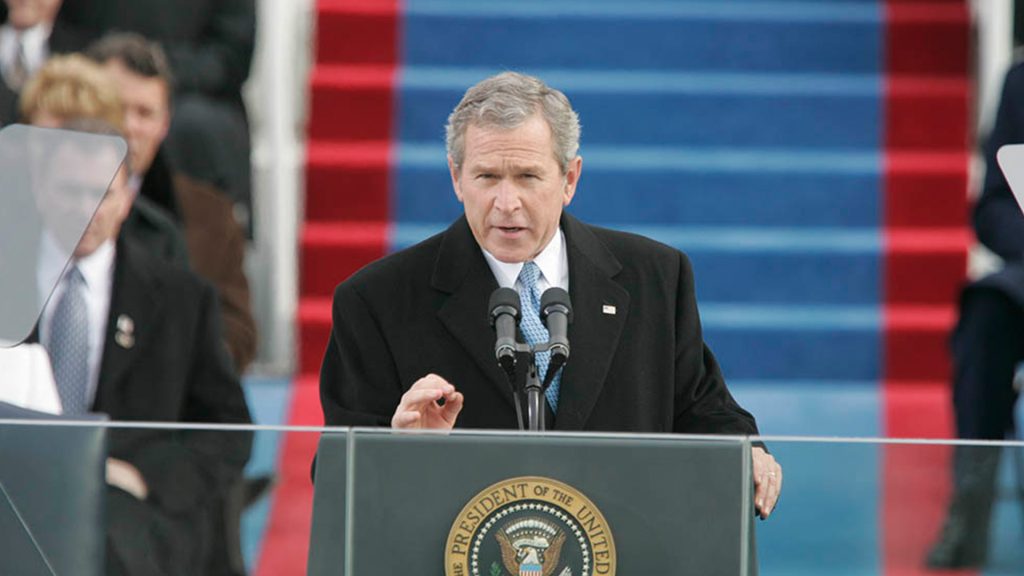
The assertion of broad executive authority was highlighted as questions were raised about how far was too far for the provision of immunity. Former President Obama notably made it clear that none of the CIA torturers would experience legal consequences when he was elected to serve even though he denounced the abuses beforehand while running for office.
Drone Strikes And The Obama Administration
President Obama faced his own bout of scrutiny while in office due to the use of drone strikes and reported surveillance programs. Trump referenced this recently during his own trial as well, stating that there is a high risk of activating an extensive list of political prosecutions with his case.
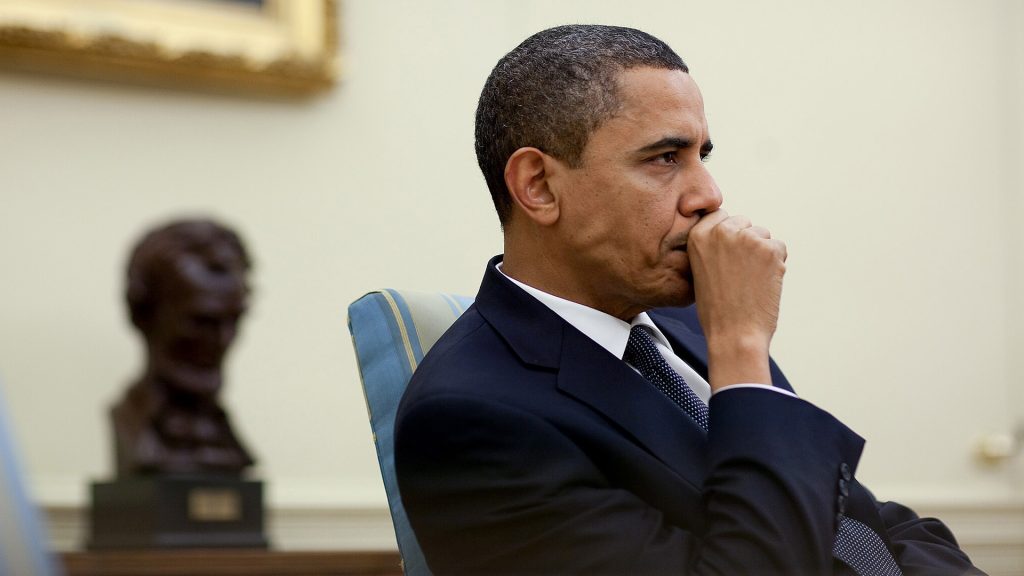
He specifically referenced former President Obama as an example. According to Trump, the search for voter fraud should have been considered a protected presidential act covered by immunity just like President Obama’s drone strikes were not considered criminal acts.
What Other Legal Protections Are Provided To Sitting Presidents?
Presidential immunity and executive privilege are just two of the legal protections provided to sitting presidents. For instance, the presidential immunity extends to civil lawsuits in addition to criminal prosecution. There is also the protection against criminal prosecution being processed during their active term.
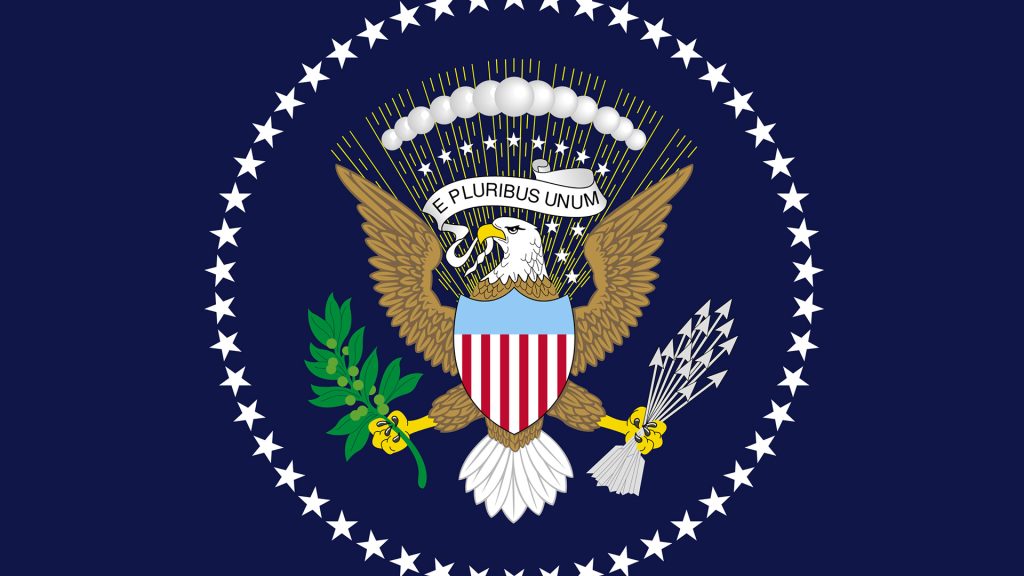
Sitting presidents also have the power to pardon individuals. The impeachment process is also a legal provision that helps to provide checks and balances as a constitutional highlight regarding the potential removal of a president.
The Iran-Contra Affair And The Reagan Administration
A solid example of immunity from civil lawsuits occurred during the aftermath of the Iran-Contra affair. President Reagan was on the hot seat for the involvement of his administration when it came to diverting funds to Nicaragua and selling firearms to Iran.
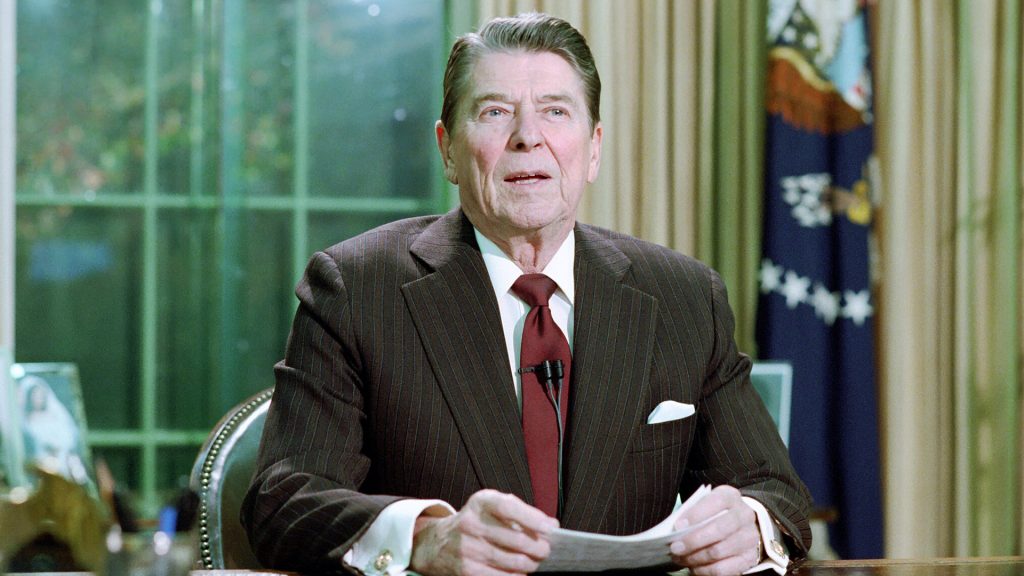
The president himself was not specifically targeted with these personal lawsuits. However, each of the investigations and associated legal proceedings focused on the lower-ranking officials within his administration.
The U-2 Spy Plane Saga Of 1960 And Dwight Eisenhower
The provision of executive privilege played a key role back in 1960 during the Eisenhower administration. President Eisenhower used the privilege throughout the investigation of an incident involving a U-2 spy plane.
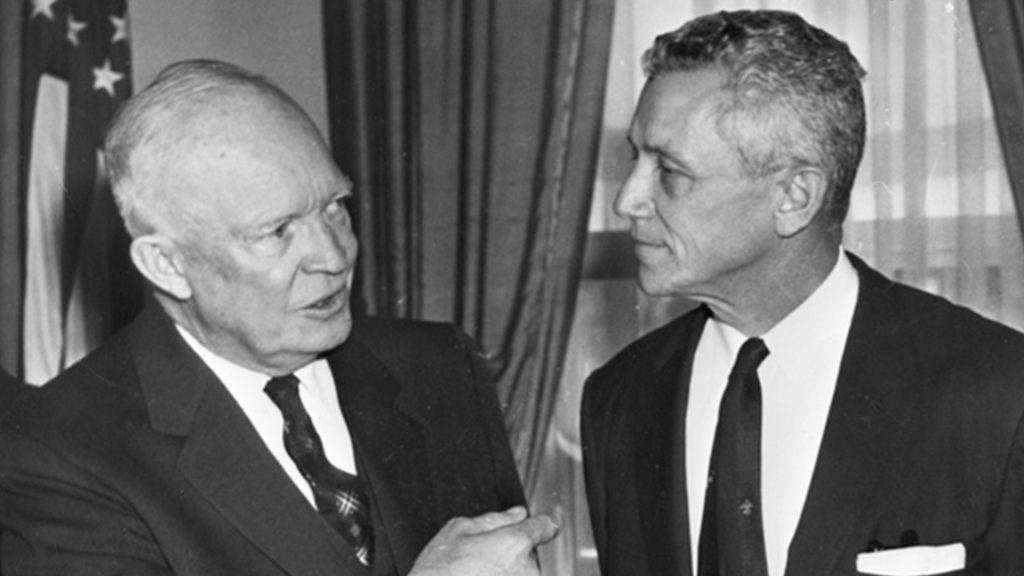
The goal of the administration was to keep certain information about the flights of that plan sealed on the grounds of national security. It was argued that executive privilege was needed in this matter to keep top-secret intelligence matters confidential.
War Draft Evaders And The Carter Administration
It was reported that approximately 210,000 Americans were officially accused of draft-related offenses during the Vietnam War. Different estimates over the years showed that between 60,000 and 100,000 left the country and moved to Sweden or Canada as a result of this draft evasion.
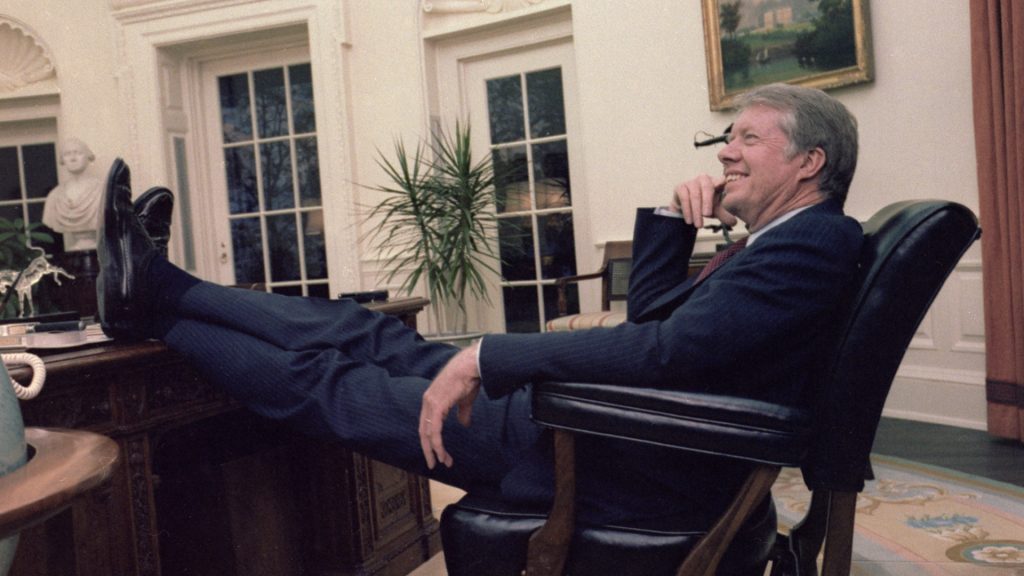
President Ford offered the concept of an amnesty program for the draft dodgers who would receive amnesty in exchange for up to two years of alternative service occupations. President Jimmy Carter raised the stakes as he promised during his campaign by offering pardons to any draft evader who requested one the day after his inauguration.
What Is The Public Opinion About Trump’s Claims Of Presidential Immunity?
The public opinion regarding Donald Trump’s claims about presidential immunity for his own action is drastically divided. His supporters frequently defend his claims based on the argument of the need to shield him from politically motivated interrogations and investigations.
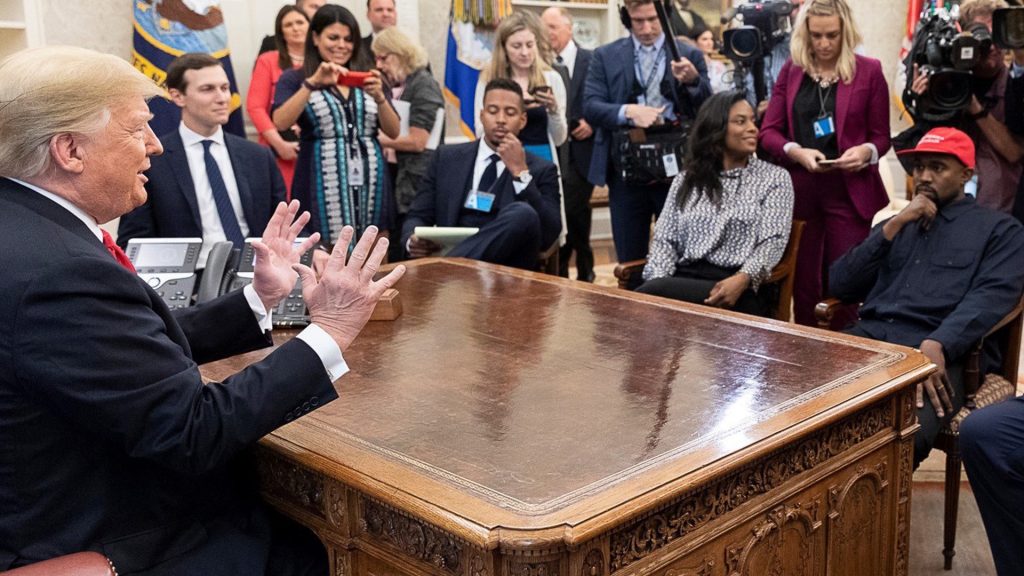
Quite a few critics, on the other hand, are concerned about the alleged abuse of presidential power and the misuse of presidential immunity to shield a president from being held accountable. Legal experts are even split with their own opinions, which is why the results of Trump’s current case may help to set a precedent that will impact future presidential terms.

